Cuba’s President Raul Castro to step down in 2018
Cuban President Raul Castro will step down in April 2018 straight after his successor is chosen by a top governing council according to a vote Thursday in the island state's National Assembly.
The decision means Castro, 86, will stay on two months longer than previously anticipated.
"When the National Assembly in constituted (in April), my second and last term as head of state and the government will be concluded, and Cuba will have a new president," Castro said when closing the parliamentary session on Thursday.
He was to have stepped down in February under a system tied to the Communist-ruled country's electoral calendar. But polls have been pushed back because of a damaging hurricane that hit the island in September.
Cuba's president is designated by a 31-member body called the Council of State. The head of the council is automatically president of the country.
But the Council of State first has to be selected by the National Assembly, which has about 600 seats, a process that will now take place on April 19, lawmakers voted in a session closed to international media.

The new National Assembly will be elected at a date yet to be set.
Castro, who officially became president in 2008 after serving as interim leader for two years, had already announced he would not be seeking a new mandate.
His departure will mark the end of six decades of Castro rule. His late brother, Fidel Castro, who died last year, governed the country after seizing power in 1959 at the head of a left-wing revolution.
Raul Castro, however, is expected to remain leader of the island's all-powerful Communist Party of Cuba until its next congress scheduled for 2021 — when he will be aged 90.
His first vice president, Miguel Diaz-Canel, 57, is seen as his likely successor.
Whoever is designated president would have the difficult task of consolidating the Communist principles established by the Castros while pursuing an economic transition plotted by Raul Castro.
(Source: AFP)
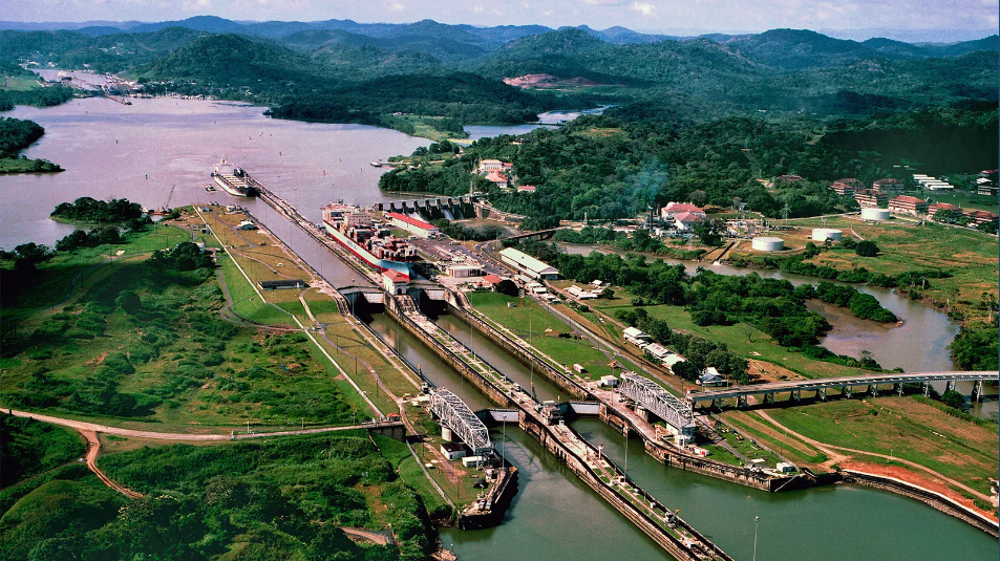
Panama rejects Pentagon chief's idea of US bases on its soil
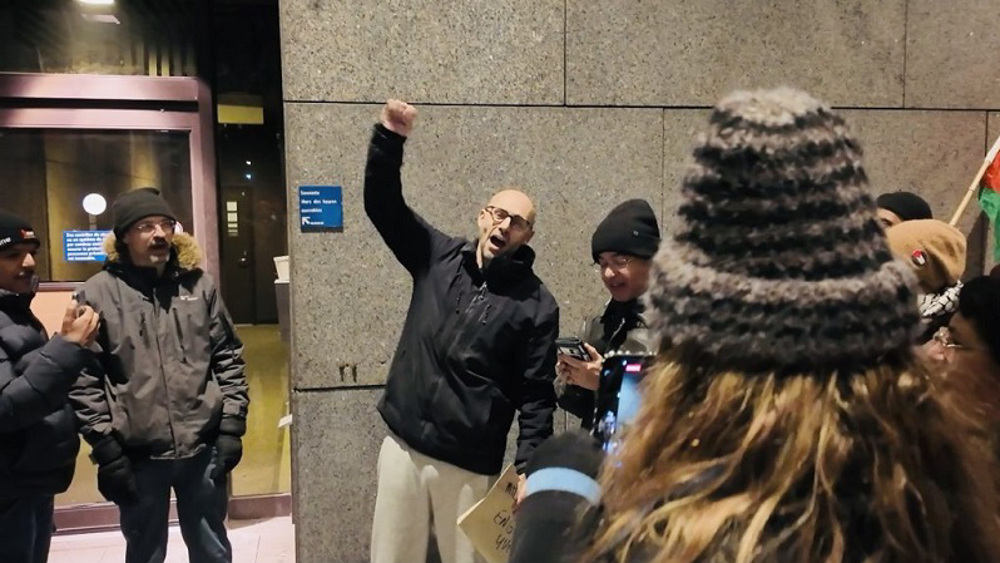
Canadian Zionist Lawfare against opponents of Gaza genocide
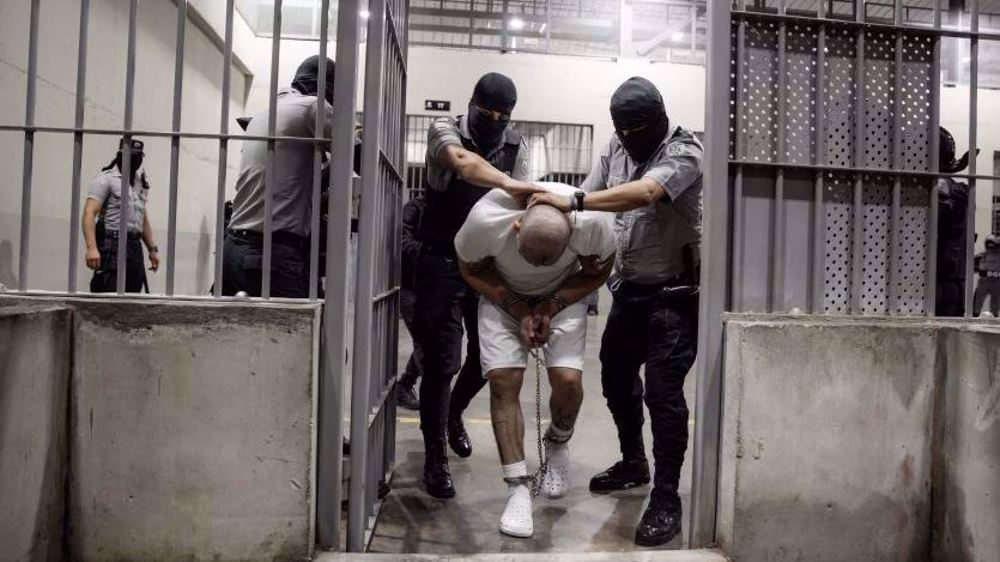
Trump sends more migrants to El Salvador prisons despite court dispute
Hamas says Israel ‘narrowing truce’, stresses any new deal must end Gaza genocide
UK, alongside E3, supports indirect Iran-US talks: British minister
More regional countries hail first round of Iran-US talks, express support for process
‘Exemptions short-lived’: Trump warns of new rounds of tariffs on tech industry
Over 200 civilians killed as Sudan’s RSF attacks Darfur displacement camps
VIDEO | Press TV's news headlines
VIDEO | Karachi sees massive march in solidarity with Palestine
VIDEO | Iran marks ‘Operation True Promise’ anniv.


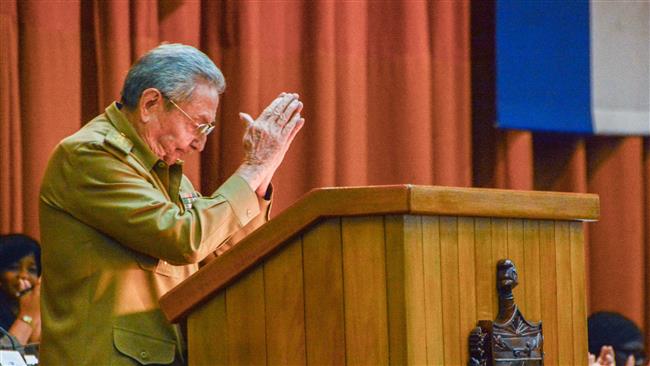



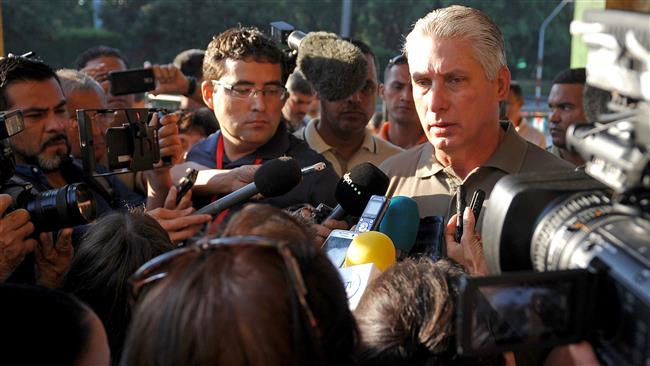
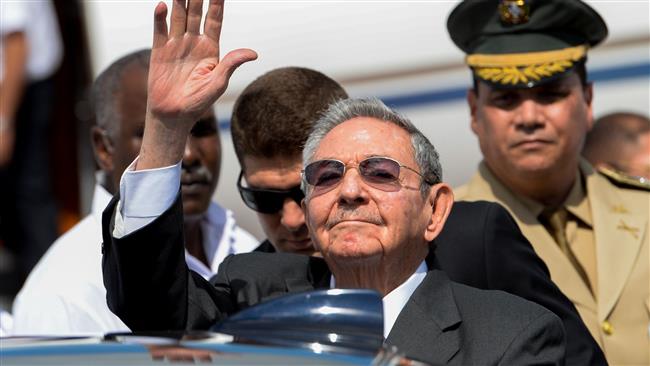



 This makes it easy to access the Press TV website
This makes it easy to access the Press TV website